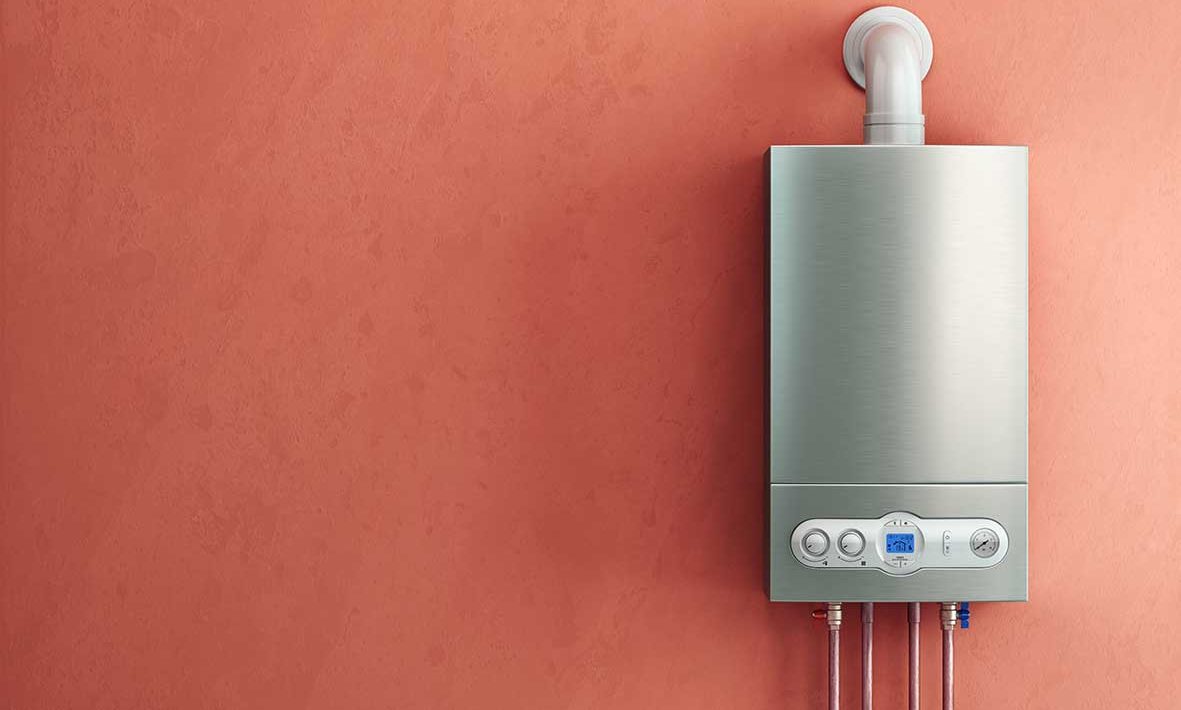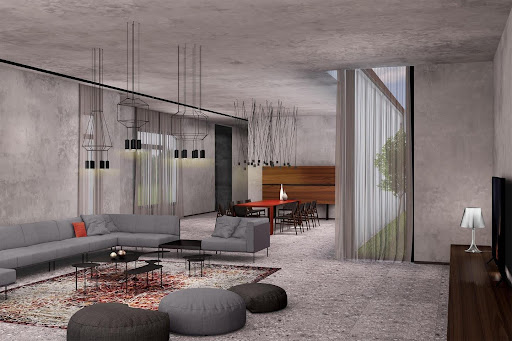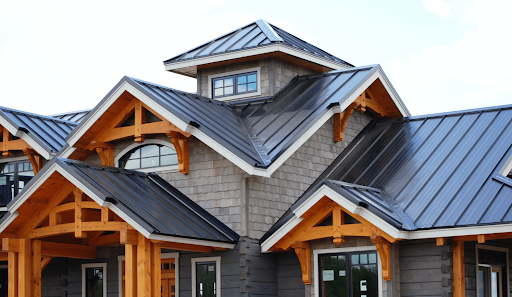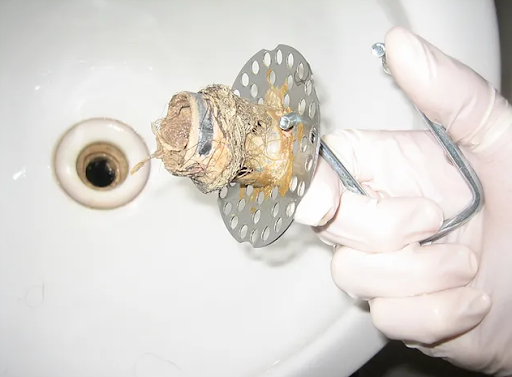You can install three types of boilers in your home: combination boilers; heat only (regular) boilers); system boilers.
The best one for you and your home will depend on your hot water needs. However, it is important to take into account other factors such as your heating system age and pressure from your main water supply.
Do you want to keep your current boiler? Should you switch to another type of central heating boiler? Let’s look at ….
Table of Contents
Combination (Combi Boilers: What are they?
A combi boiler, which is typically wall-hung, provides your heating as well as hot water in one unit.
How do combi boilers work?
To heat hot water instantly on demand, combi boilers use a metallic heat exchanging. They do this by burning fuels such as gasoline or oil. By burning fuels like oil or gas.
This is the most important difference between combi boilers and traditional boilers. They don’t require a separate hot-water storage tank, unlike traditional boilers.
Instead, hot water is heated from one unit.
The pros and cons of combi boilers
A combi (combination boiler) is a good choice if you’re looking for a boiler with high energy efficiency. You can heat your home and water with them, which will help you save money on heating costs.
They are compact enough to fit in even the smallest properties. And since they heat water from the mains, there is no need to store a large water tank or water cylinder.
You don’t have to wait for a hot shower, because the heaters heat up instantly.
Cons of combi boilers
There are some drawbacks.
When two or more outlets are used simultaneously, water flow rates can be reduced.
A combi may not work for you if your property is larger and has multiple bathrooms.
A combi boiler can only heat water that is fed from the mains. Your combi boiler will not work well if the mains water pressure drops.
Key points about the combi boiler
- They are ideal for small spaces.
- You do not require a hot water storage tank.
- You don’t need a cold water tank.
- This is not recommended for large properties that have multiple bathrooms/high hot water demands.
- Low mains water pressure areas may not find it suitable.
Heat Only (Regular Boilers: What are they?
A heat-only boiler or regular boiler has three components: the boiler itself, the hot water storage cylinder separately and the cold water storage tank.
The boiler provides hot water for both central heating and storage, and can therefore provide hot water as well as heating water.
What is the working principle of heat only boilers?
Regular boilers heat hot water by connecting it to the central heating system. The radiators are connected to a hot water storage tank that stores hot water for immediate use.
A cold-water tank, which is usually located in the attic/loft, supplies coldwater to the boiler. It works by gravity to fill the boiler.
The pros and cons of heat-only boilers
The heat only boilers are more efficient and can supply hot water at a higher flow rate. They are therefore better suited for larger properties that have greater hot water needs, e.g. Those with multiple bathrooms.
They are an excellent choice for older heating systems which may not be able to withstand the pressure of a closed system because they don’t require water supply at high pressure via mains.
They are also an option for low-pressure mains supply areas, which often struggle to provide the water pressure needed in combi or system boilers.
Cons of heat-only boilers
Some older heating systems may not work with a conventional boiler. You might need to wait for the water temperature to rise before you can use it again.
Keep in mind that the boiler’s water tank and cylinder will need to be stored somewhere safe. The boiler’s cold-water cistern must be located directly above it. This may limit the location where the boiler can be installed .
Heating only boiler key points
- Ideal for properties that have multiple bathrooms or high hot water requirements.
- This is the ideal solution for those who suffer from low water pressure.
- This is a good choice for people with traditional heating systems that are not able to withstand high pressure.
- They require a cistern-tank, which means they are more demanding and limits the options for boiler installation.
- The attic cistern is susceptible to freezing in winter, and can leak if it does.
What are system boilers?
System boilers can be described as an upgraded version or heat-only boiler. They can supply hot water on-demand and heating water for your radiators.
What is the working principle of system boilers?
They are similar to a heat-only boiler but have a separate hot tank. However, it is unvented.
The pump, expansion vessel and other parts are all internal. This means that the boiler does not need a cold water cistern tank. Water is also supplied via the mains.
System boilers: The pros and cons
They are similar to heat only boilers in that they have large hot water storage cylinders. This makes them ideal for properties with high hot demand.
They are smaller than a heat-only boiler because they don’t require a cold water cistern. This allows for greater flexibility in the location of the boiler.
System boilers don’t require any components in your attic. This means you won’t have to worry about potential leaks or freezing during winter months.
Cons of system boilers
The pressure of the mains water supply will determine the hot water flow rate in the home. If it is low, the home’s hot water flow rate will be reduced. They are not recommended for areas with low water pressure.
This system is high-pressure and may not suit properties that have older systems.
System boilers require a hot water storage tank. If you want to swap it for a combi boiler you will need adequate storage.
Key points for the system boiler
- This is recommended for properties that have multiple hot water outlets/bathrooms.
- It does not require a cistern in the loft.
- Installation is made easier by internal components.
- Low water pressure areas may not find it suitable.
- This product may not be suitable for older central heating units that are unable to withstand high water pressures.
- You need to think about where the hot water tank will be stored if you’re switching from a combi.





